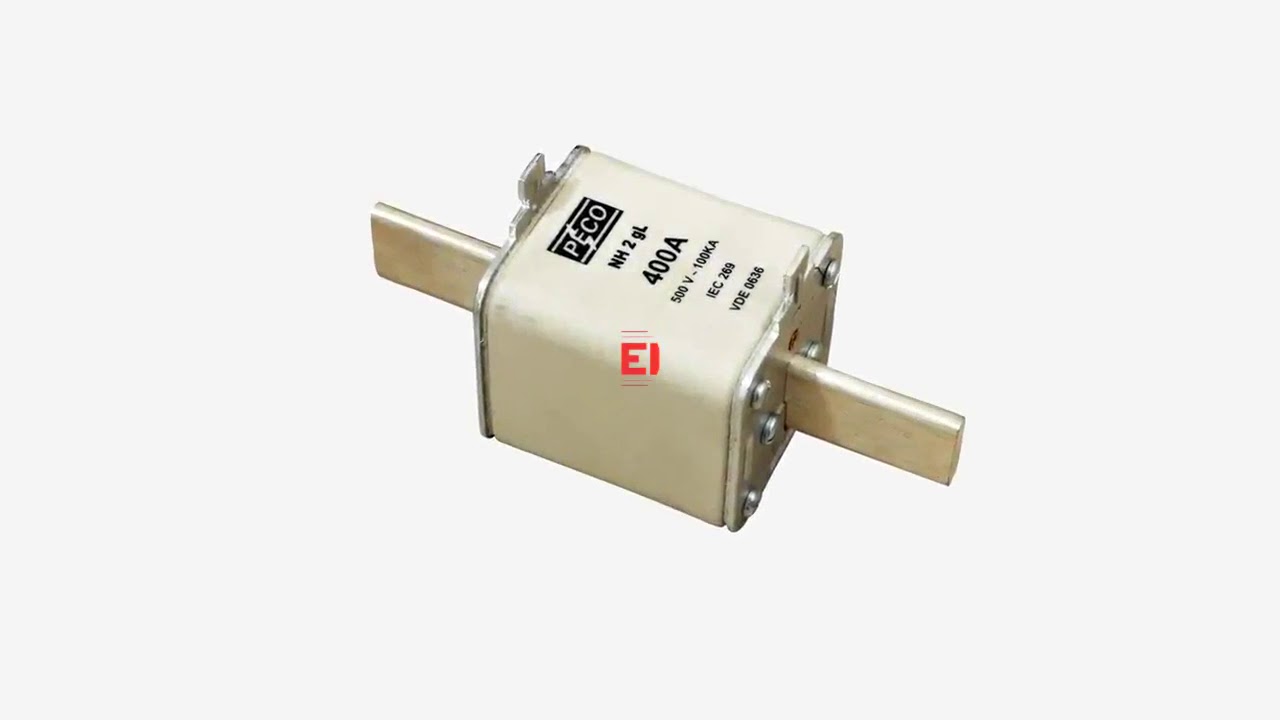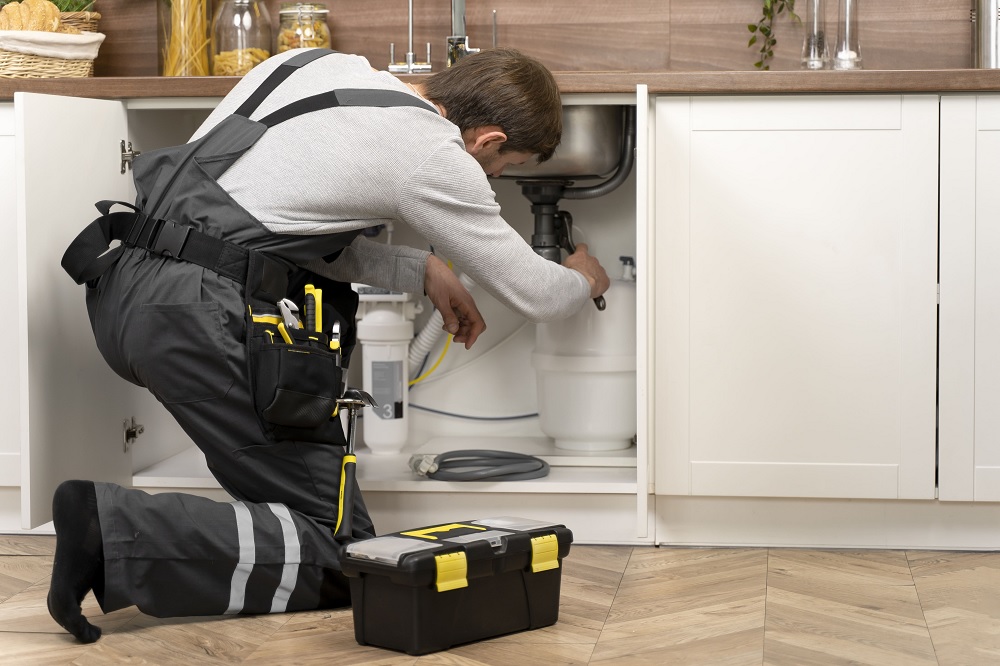HRC, high rupturing capacity fuses, are essential components of many electrical systems. These HRC fuses provide high protection by breaking the circuit during an overload or short circuit, preventing damage to the electrical system and minimising the risk.
However, fuses alone are not enough to ensure safety and protection. The HRC fuse base also plays a critical role in the proper functioning of the HRC fuse.
What is an HRC Fuse Base?
An HRC fuse base holds the fuse in place and provides a secure connection to the electrical circuit.
The HRC fuse base withstands the high energy generated during an overload or short circuit and ensures that the fuse operates appropriately and protects the electrical system.
Why is HRC Fuse Bases Important?
HRC fuse bases are crucial because they provide the necessary support and protection for the HRC fuse.
Without an HRC fuse base, the HRC fuse may not function properly, leading to damage to the electrical system and an increased risk. In addition, a faulty HRC fuse base can become loose or disconnected, which can also be dangerous.
Types of HRC Fuse Bases
As mentioned earlier, several HRC fuse bases are available, each designed for specific applications. Here are some of the most common types of HRC fuse bases:
- Bolted HRC Fuse Bases: Bolted HRC fuse bases are for heavy-duty applications where a secure connection is critical.
- Clip-in HRC Fuse Bases: Clip-in HRC fuse bases are for applications where quick and easy replacement is crucial.
- DIN Rail-Mounted HRC Fuse Bases: DIN rail-mounted HRC fuse bases are mounted directly on standard DIN rails, which makes them easy to install and remove.
- Panel-Mounted HRC Fuse Bases: Panel-mounted HRC fuse bases are mounted directly onto a panel, which makes them ideal for applications where space is limited.
Choosing the proper HRC fuse base
When selecting an HRC fuse base, several factors ensure you choose the right one for your electrical system. Here are some of the most important factors to keep in mind:
- Application: Different types of HRC fuse bases are for different applications, such as heavy-duty applications, industrial applications, or small to medium-sized electrical systems.
- Electrical System Requirements: You need to choose the fuse base compatible with the electrical system you have in place.
Check the voltage and current rating of the system to ensure that the fuse base can handle the required energy.
- Environmental factors: The fuse base should resist the weather, humidity, and other environmental conditions.
- Ease of Installation: Some types of HRC fuse bases are easier to install than others, so you need to consider the time and effort to install the fuse base.
- Cost: HRC fuse bases are available at different prices, so choose one that fits your budget.
Final Words
In summary, when choosing an HRC fuse base, consider the application, electrical system requirements, environmental conditions, type of HRC fuses, ease of installation, and cost. To these factors, you can choose an HRC fuse base to protect your electrical system and ensure that it operates safely and efficiently. Visit IndoAsian to know more!













